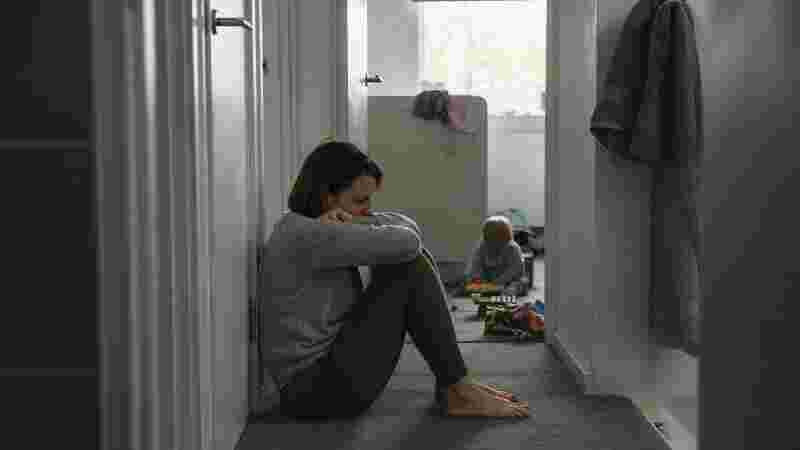The Struggles of Parenting and the Importance of Connection
Anne Helms, a 36-year-old working in human relations and mother of two, often experiences feelings of isolation and loneliness despite her busy schedule. Working from home, she finds that her interactions with colleagues during video meetings are focused solely on work, lacking personal connections. Many parents today face challenges in connecting with other adults, as revealed by a recent national survey conducted by the Ohio State University Wexner Medical Center. Out of 1,005 parents surveyed, 66% reported feeling isolated and lonely due to the demands of parenthood, and nearly 40% felt they lacked support in their parenting role.
The Link Between Parental Burnout and Isolation
The survey also indicated that about 62% of parents, including over half of fathers and two-thirds of mothers, experienced burnout from their parental responsibilities. This correlation between burnout and isolation is not surprising, according to Kacey Cardwell, a licensed marriage and family therapist. When parents feel lonely and isolated, it suggests that their own adult needs are not being met as they prioritize their children. This imbalance can lead to burnout, an overwhelming feeling of exhaustion. The COVID-19 pandemic exacerbated these challenges as parents were expected to juggle work and homeschooling without respite.
The Need for Connection Among Parents
Anne Helms, like many parents, previously worked in an office where social interactions were more readily available. However, even those interactions did not fully alleviate the isolation that can come with parenting. Helms longed for connections with other moms who were experiencing similar challenges with their children. Many parents, as revealed by the survey, expressed a desire to connect with other parents outside of work and home settings. Despite this, some parents may hesitate to admit their feelings of isolation and loneliness, fearing it may imply a lack of care for their children. However, it is important to remember that the parent-child connection is different from the connections we seek with friends, family, or spouses.
Finding Support and Building Networks
Networking with other parents becomes crucial for those who feel isolated and burned out. Kacey Cardwell suggests starting by seeking connections within one's immediate community, such as neighbors who can become walking companions, craft partners, or provide carpooling and babysitting assistance. Community organizations, parent associations, school groups, and religious institutions can also provide avenues for connecting with other parents. While social media groups can offer some support, they should not replace one-on-one interactions. Being part of a group of mothers with children of a similar age can be particularly valuable, as shared experiences allow for mutual support and understanding.
Positive Parenting Groups and Renewed Energy
Anne Helms found solace and renewed energy as a parent by joining a positive parenting group facilitated by Kate Gawlik, an associate clinical professor at the Ohio State University College of Nursing. The group provided a space for parents to share their experiences, validate each other's struggles, and offer support. Hearing from other parents who could relate to her challenges made Helms feel less lonely and more connected.
Parenting can be a challenging and sometimes isolating journey, but finding connections with other parents can provide much-needed support and understanding. It is crucial for parents to prioritize their own well-being and seek out networks that can provide the social interactions and support they need.




